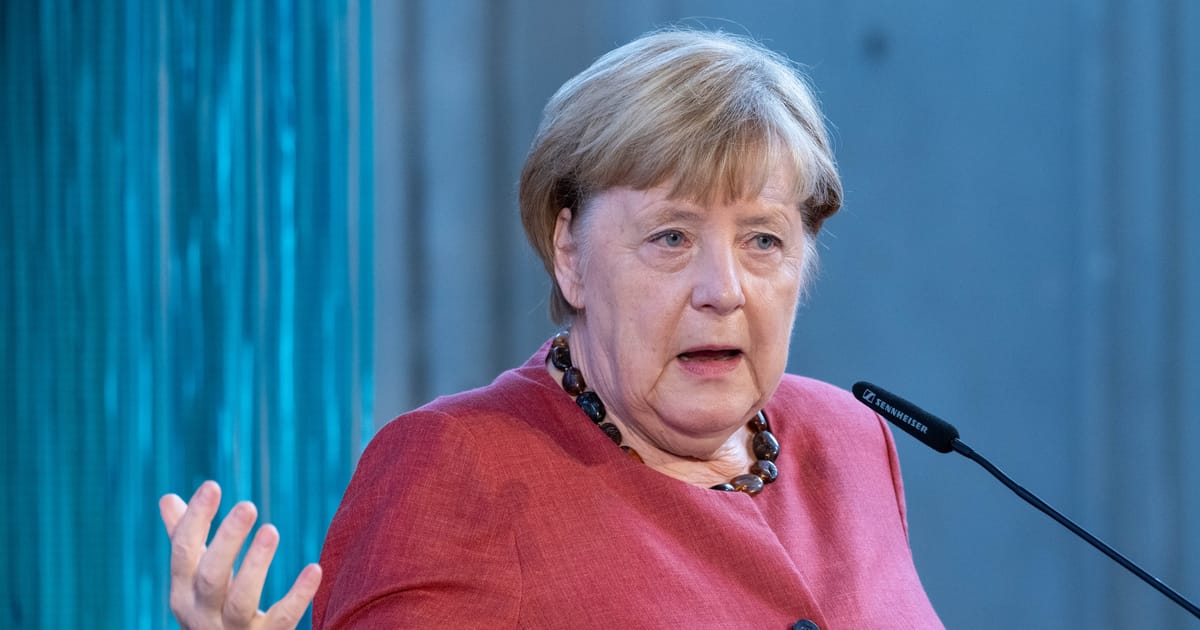But it appears to be too difficult for Merkel — once lauded as the “chancellor of the free world” when Time Magazine named her “Person of the Year” in 2015 — to accept that history may end up judging her far more critically.
“I believe we really have a growing problem here with Merkel’s loss of touch with reality, as I would describe it, and her attempt to influence her own history, her own role in history,” said Stefan Meister of the German Council on Foreign Relations. “In my opinion, this makes her untrustworthy. She is discrediting herself.”
While current Chancellor Friedrich Merz has pivoted from his country’s past policies and led much of the European effort to aid Ukraine, Merkel’s unwillingness to face up to Germany’s mistakes has helped prevent a broader national reappraisal of the country’s role in the lead-up to the war, according to Meister.
Inside Germany — and in particular in the former East Germany, where Merkel was raised — there remains considerable sympathy for Putin. Parties like the far-right Alternative for Germany, currently leading in many polls, and the populist-left Alliance Sahra Wagenknecht take a far more conciliatory approach to Moscow. Some Russia-friendly forces in Germany are seizing on Merkel’s interview to blame NATO for sabotaging peace efforts.
But even in Russia, some mocked Merkel’s assertion that more talks, by 2021, could have changed Putin’s plans.
“Anyone reasonably informed has long known that the disagreements between Russia and the West at that moment were already too deep,” Alexei Chesnakov, a former adviser to the Kremlin, wrote in an online post.
Eva Hartog, Nette Nöstlinger and Veronika Melkozerova contributed reporting.
